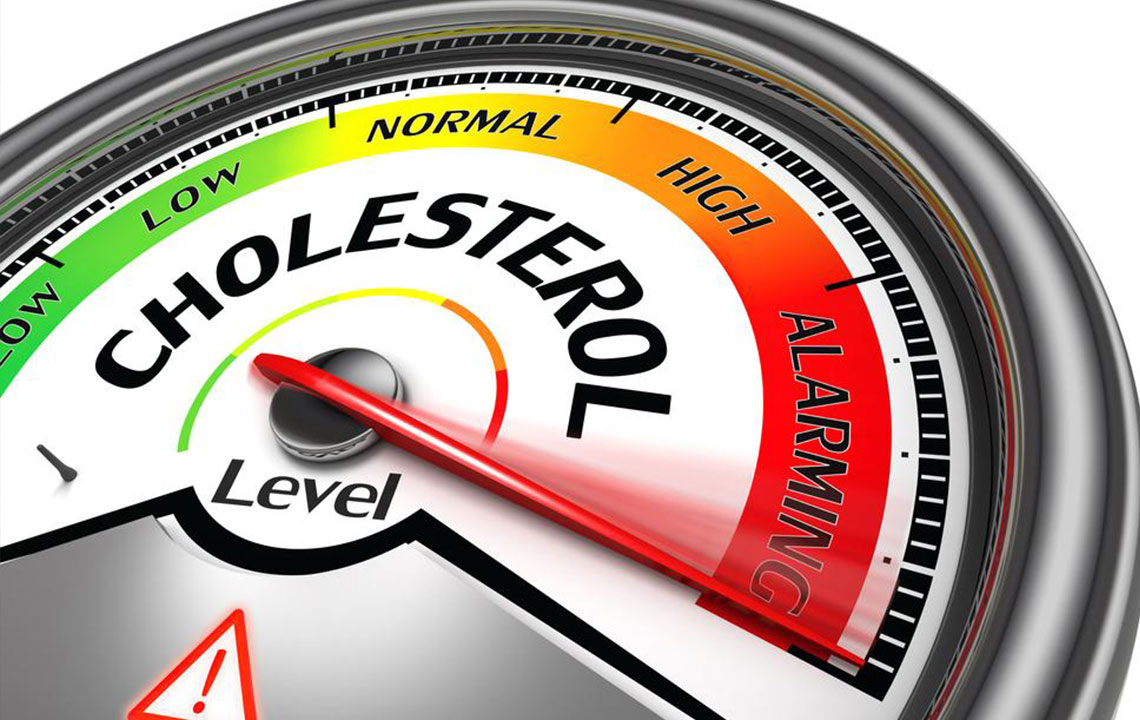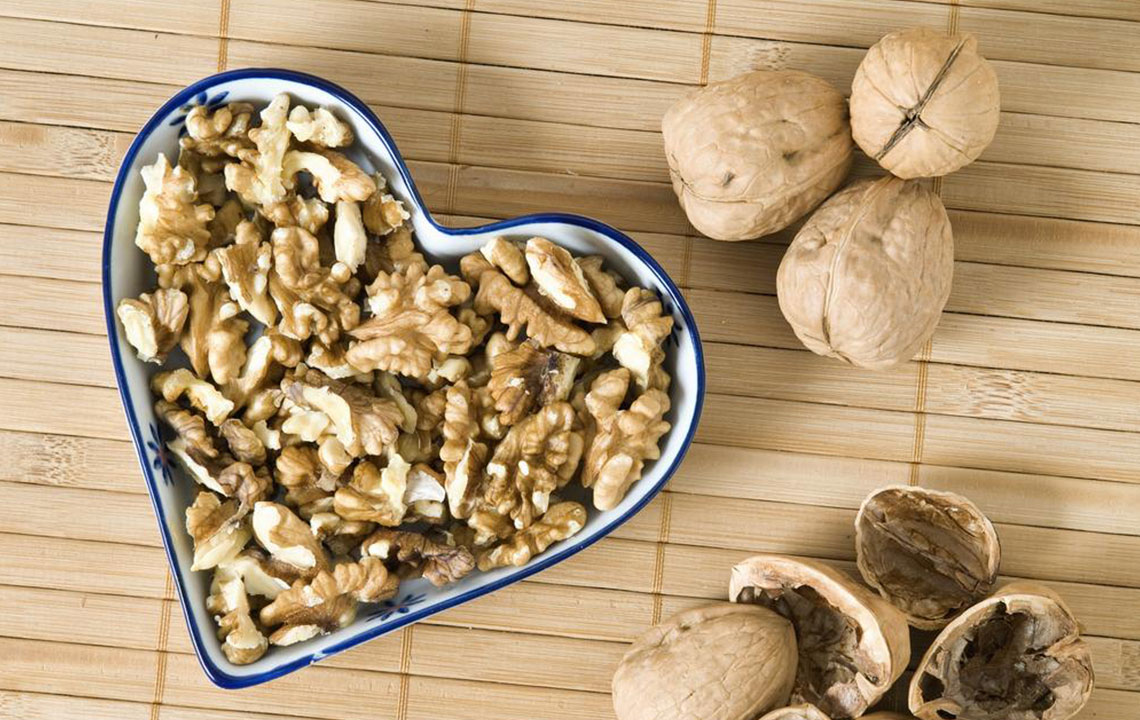Proven Methods to Lower and Manage Cholesterol Naturally
Learn effective ways to manage and lower cholesterol through diet, regular testing, and lifestyle changes. This guide provides insights into cholesterol levels, food choices, and habits to protect your heart health and prevent cardiovascular diseases.

Proven Methods to Lower and Manage Cholesterol Naturally
Millions face heart disease worldwide, with many losing their lives due to high cholesterol levels. Elevated cholesterol can cause plaque buildup in arteries, restricting blood flow to the heart and increasing the risk of heart attacks. This article highlights how understanding cholesterol test results and making timely lifestyle changes can help reduce cardiovascular risks. Many health-conscious food options are labeled low in cholesterol, emphasizing the importance of diet in maintaining heart health.
Blood cholesterol levels directly impact cardiovascular well-being. As a fatty substance, cholesterol can accumulate in arteries, impeding oxygen delivery and leading to chest pain or even heart failure. Regular monitoring is essential for individuals of all ages to manage these risks effectively.
Understanding cholesterol levels is crucial as excess blood cholesterol can lead to heart disease. Cholesterol travels through the bloodstream and can deposit along artery walls, causing blockages. Maintaining healthy cholesterol levels is vital for heart health, measured through blood tests that provide insights into risk factors.
Deciphering Cholesterol Test Results
Cholesterol reports can be complex, but understanding key metrics helps in managing risks. It is recommended that adults over 20 get tested every five years, although many overlook this. Blood exams typically measure four main components:
Total Cholesterol – Overall cholesterol in the blood; below 200 mg/dl is ideal.
LDL Cholesterol – Often called ‘bad’ cholesterol, high levels can block arteries. Targets are below 100 mg/dl; over 160 mg/dl poses high risk.
HDL Cholesterol – Known as ‘good’ cholesterol, higher levels protect against heart disease. Aim for 60 mg/dl or more; below 40 mg/dl indicates increased risk.
Triglycerides – Elevated levels are linked to cardiovascular issues. Normal is less than 150 mg/dl.
Heart-Friendly Dietary Tips
Research from Harvard underscores the importance of dietary choices to control cholesterol. Selecting foods that reduce LDL while avoiding those that increase it is vital for heart health.
Whole Grains – Oatmeal with fruits like bananas and strawberries boosts fiber intake, which should be 20–35 grams daily.
Legumes – Beans, lentils, and peas are high in soluble fiber, helping manage cholesterol and increase satiety. Vegetables like eggplants and okra contribute to fiber intake.
Healthy Fats – Incorporating extra virgin olive oil supports good cholesterol levels and cardiovascular health.
Achieving heart health requires medical advice and lifestyle habits. Quitting smoking and adopting a balanced diet can significantly lower cholesterol, complemented by natural dietary changes and proper medical treatment.


